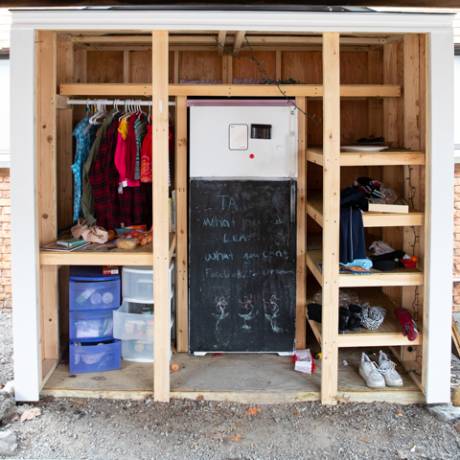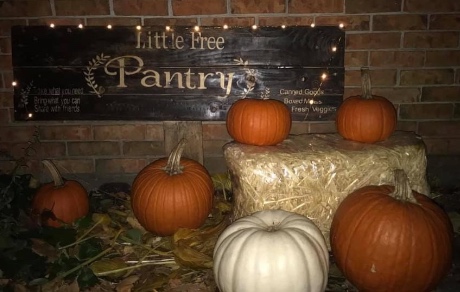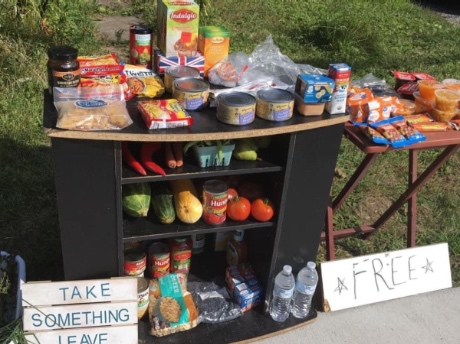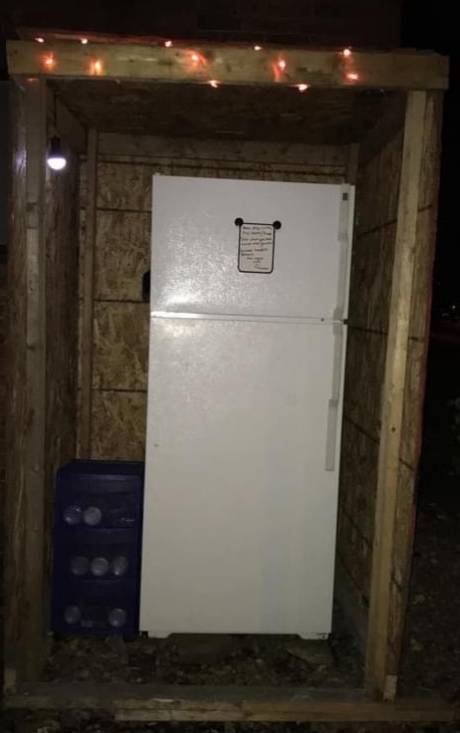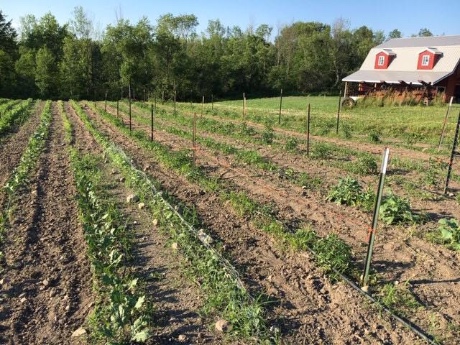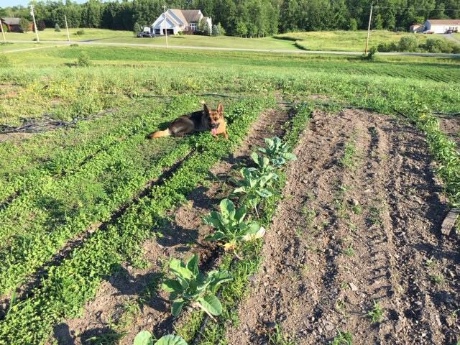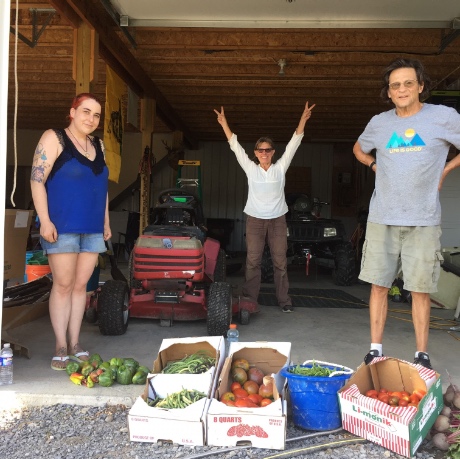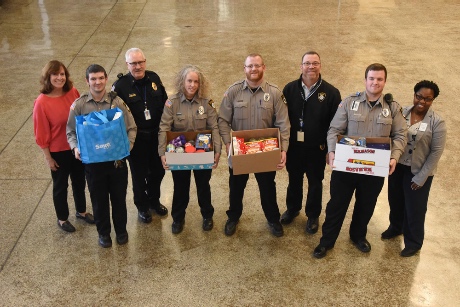Press release:
The Western New York COVID-19 Community Response Fund, a collaborative philanthropic effort launched in March 2020 to address the COVID-19 crisis in our community, is announcing an important mark of progress for one of its Moving Forward Together initiatives convened to address food security.
Understanding that food security has been a major need during the COVID-19 crisis, a community-focused, regionally coordinated planning initiative is now underway. This initiative called Food Future WNY includes more than 100 partners representing the entire spectrum of the food system in our region.
Working across nine counties and various sectors, the objective is to address the entrenched and chronic conditions that have perpetuated long-term food insecurity and hurt food-based economies. The highly participatory nature of this project will assure that authenticity of all voices will be evident in the process and final product.
A food system includes all the processes and infrastructure involved in feeding a population. Regional food systems refer to place-specific clusters of agricultural producers of all kinds, along with consumers and institutions engaged in production, aggregation, processing, packaging, distribution, marketing, consumption, and disposal of food and food-related items.
Following a national search for best-in-class experts that understand the complexity of the food systems from rural to urban challenges facing all sectors of the system, the effort is pleased to announce they have hired SCALE Inc., led by Anthony Flaccavento, for this nine-county effort stretching from Chautauqua County to Monroe County (including Genesee County). Southern Tier West Development Foundation has taken on the role of fiscal sponsor and project co-lead.
“The ultimate goal of this new effort is to tackle entrenched challenges in new ways and to emerge from COVID-19 with a regional food system that is more effective, efficient and resilient," said Kimberly LaMendola, regional development coordinator, Southern Tier West Regional Planning & Development Board.
"Farmers, producers and processors will be more independent and less reliant on large, centralized hubs; families will have easier access to healthy and affordable groceries; and we will create new food-related jobs that contribute to the economic development of the region. Our collective group is excited about the SCALE team’s wide range of proven experience in strengthening food systems and we are excited about moving this regional effort forward together.”
SCALE is joined by a curated team of food systems experts: John Fisk, former director of the Wallace Center and instigator of the National Good Food Network; Euneika Rogers-Sipp, founder of Destination Design School of Agricultural Estates, who has also been a Loeb Fellow at Harvard and a BALLE Local Economy Fellow; and Michael Shuman, one of the leading national thinkers and global experts on building local economies and harnessing local capital and investment.
“We recognized tremendous potential to make much needed change in Western New York to improve the food system and we are already impressed by the level of collaboration underway across the region,” Flaccavento said. “As a farmer myself, I know how challenging it can be to manage the land well, help local communities eat better, and still make a little profit.
"But every one of those challenges is an opportunity. That’s why we are committed to helping facilitate the development of a community-led strategy for shifting the region’s food system to one that is more equitable and resilient, builds wealth in rural and urban communities, promotes health, and is environmentally sustainable.”
Beth Gosch, executive director of the Western New York Foundation, has taken a lead role in designing a process to address this challenge facing our community that is effective and highly inclusive.
“I am so proud of my colleagues who recognize and support an effort that puts the practitioners, experts, and those most impacted by the inequities of the system, at the center, and in a position to assess the regional needs that they are so intimately aware of," Gosch said. "This effort will empower many to recommend the strategy to address the challenges and create new opportunities for prosperity in this region. With the guidance of Anthony and his remarkable team, we can expect to see real change that will affect real people.”
“In addition to addressing the immediate and real food security needs in our communities through the WNY COVID-19 Community Response Fund, this new planning effort has the opportunity to help nurture a best-in-class food system that can ensure equitable access to nutritious food for all, and building the food ecosystem can also be a platform for economic growth and prosperity in our region,” said Lavea Brachman, vice president of Programs for the Ralph C. Wilson Jr. Foundation.
As of Dec. 31, the WNY COVID-19 Community Response Fund has awarded more than $8.1 million to more than 400 nonprofits through immediate emergency grant funding and the Moving Forward Together initiative, including a grant to partially support this food systems effort. Other funders of this food system initiative include the Ralph C. Wilson Jr. Foundation and the Western New York Foundation.
Learn more about the WNY COVID-19 Community Response Fund at www.WNYResponds.org.

